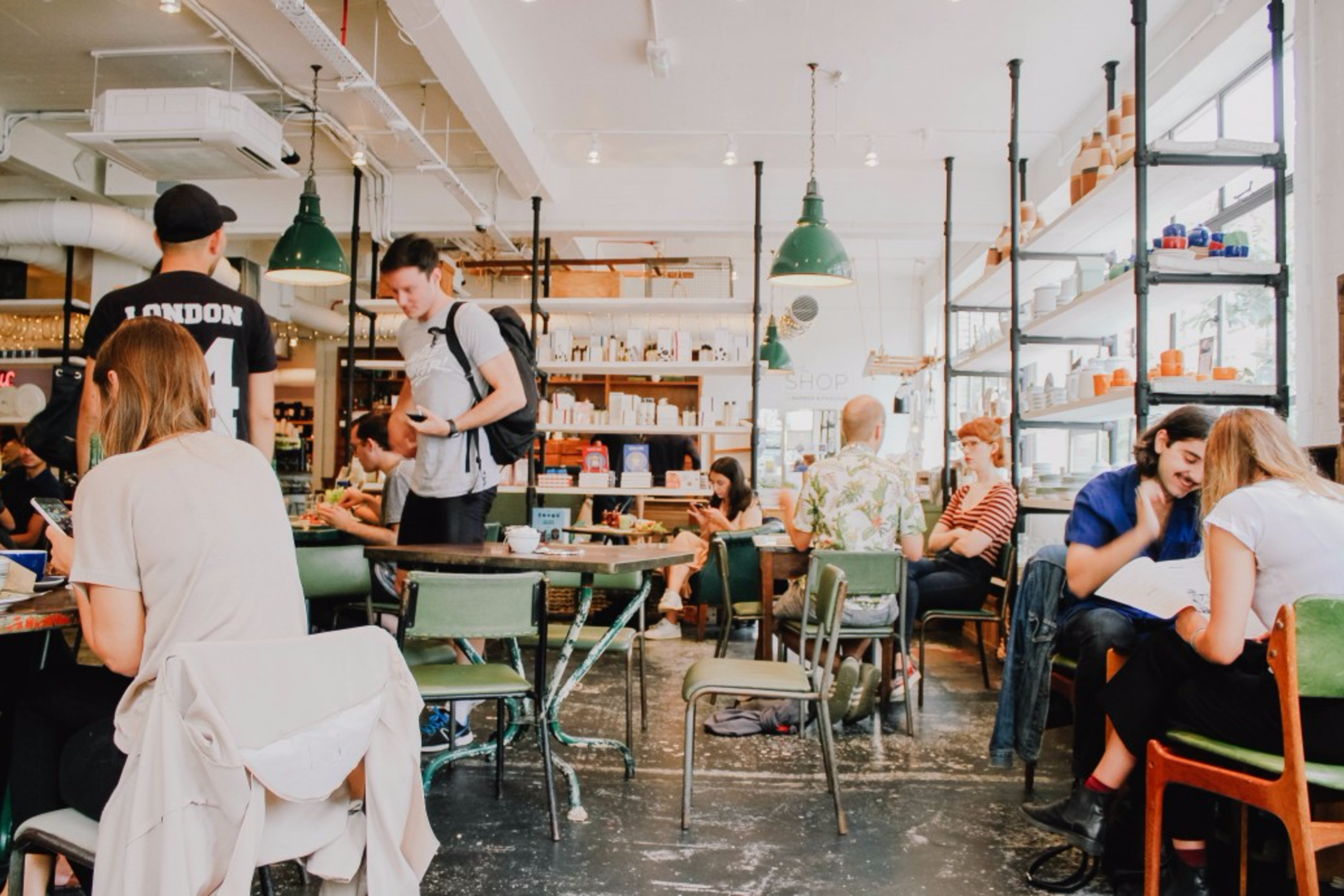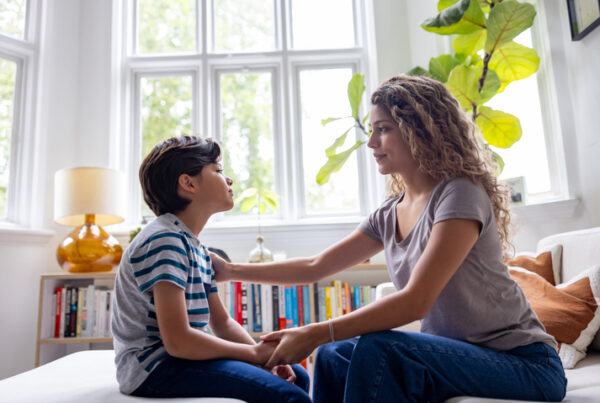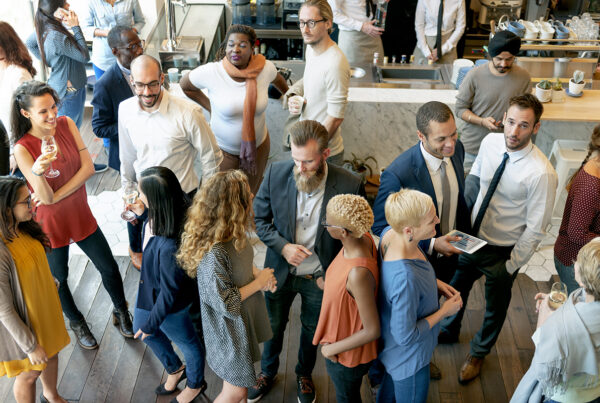I was always a shy kid, a classic introvert. In school I’d always prefer to play on my own or read books in the quiet than to interact and engage with other children.
School was the hardest in terms of dealing with social anxiety. I was much taller than the other kids and this made me self-conscious. My peers would often bully or taunt me for my height, and I would take these remarks to heart and it would make me withdraw and fear people and social settings even more.
In high school my anxiety remained the same. I’d fear everything involving people; including catching public transport, eating in front of others, attending birthdays or places where there’d be heaps of people, talking to my peers (especially boys!), giving presentations, going to a grocery store, walking along the street, talking on the phone, and even sending an email!
All these situations ignited great fear within me and I would become overly conscious of myself and my behaviour in social interactions, the classic ‘spotlight effect’.
It wasn’t until graduating from high school and starting university that I began to acknowledge my behaviours and the thoughts which may have been contributing to my anxiety. I began seeking self-help books which dealt with social anxiety and CBT, and worked on myself to counteract the negative automatic thoughts I’d have.
From this, my anxiety relieved enormously. However it wasn’t until I begun the Learn to Live online program in conjunction with daily meditation that I saw tremendous results.
I finished the Learn to Live program within 3 months, and in this short time I found my whole mindset and approach to social anxiety change for the better. Through the online coursework I was able to adapt the new knowledge and coping strategies and use them in social settings which would usually cause me great anxiety.
This program is different to others I have tried in terms of its format and its use of tailored CBT strategies for social anxiety sufferers. It gave me a challenge; something to work towards and commit to. I would start a new module each week and commit myself to doing the activities outlined.
Obviously it wasn’t an easy process. Essentially I was training myself to do the absolute opposite of what I’d usually do in situations which caused me fear. Instead of avoiding situations like I usually would, I would make myself confront them and stick to them until the initial fear all but disappeared. From talking to a stranger on the street, to striking up a conversation with a store person, or calling and making my own appointments.
By exposing myself to fearful situations and reminding myself of the practical strategies outlined on the program, I was able to overcome my fears and realize that I have much more inner strength than I realized.
One of the turning points was when I decided to attend a big event by myself. It included meeting and talking to a celebrity. I was so anxious beforehand, but because I was aware of these thoughts I knew how to counteract them and relax.
Not only did I make new friends, I also managed to hold a conversation with the celebrity and ask for a picture!
From this event I’ve continued to improve in leaps and bounds. I can happily walk down a street or go shopping without feeling that crushing sense of self-consciousness and fear of what people think of me. I have no qualms about picking up a phone and talking to a stranger. I initiate 90% of my conversations with strangers, friends, and family.
Rather than fearing social settings, I now look at them as ‘challenges’ and find I actually end up enjoying being in these situations.
One of my favorite things to do now is to sit and eat at a café in the city – by myself. I also feel calm and confident in my social interactions, to the point that now talking casually to a stranger in passing or with a co-worker is second nature.
Of course there have been times where I’ve felt my old feelings of crippling fear and anxiety. Sometimes it has been a case of 3 steps forward and 5 steps back. The difference now though is that I am now aware of the reasons behind my behaviors and am able to effectively deal with the anxiety as soon as it arises.
Through continued training with CBT and the modules on Learn to Live, these positive coping strategies are starting to become – and will end up – being my normal way of behaving.
Dealing with social anxiety is extremely prohibiting. It can make you feel alienated, alone, and like there’s something wrong with you. In my experience, the worst part was having others think that you were arrogant or rude or disinterested in them, when in fact, the opposite was true!
Such behaviors which I used as coping strategies included avoiding eye contact, pretending to not ‘see’ someone as to avoid conversation, covering my mouth while I ate, letting others do the talking in groups, and completely withdrawing from people, to name a few.
I can never thank Dr. Russ and the team at Learn to Live enough for helping me to realise that social anxiety is not who I am and that essentially, I am in control of how I choose to let this fear dictate me.
Social anxiety is not a sign of weakness, moreover it is a heightened sense of awareness of your own thoughts and behaviors in social settings. Once you begin to learn this, it becomes easy to begin changing these negative and prohibiting thoughts and behaviors and to start accepting yourself for who you are and learn to live as the interesting, confident, and fun person you really are!





One Comment